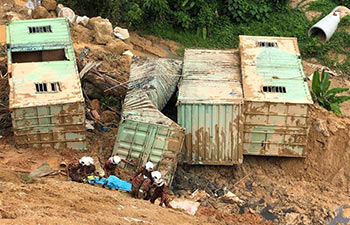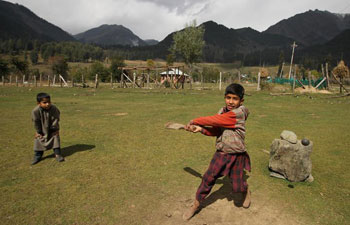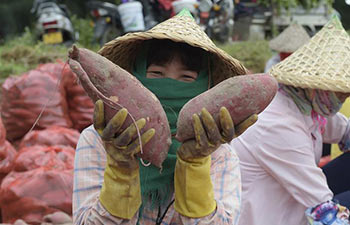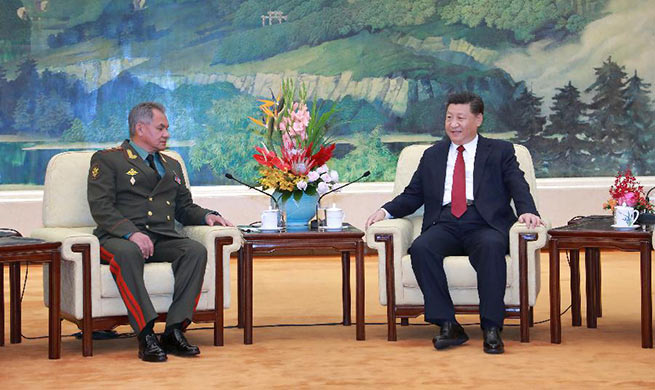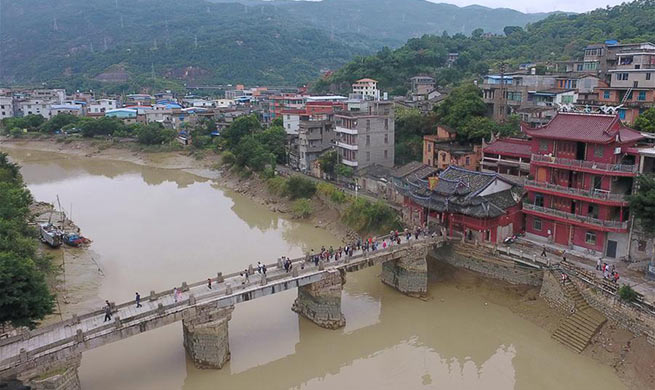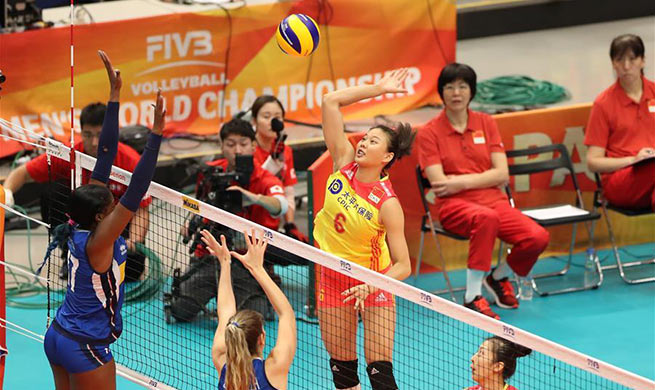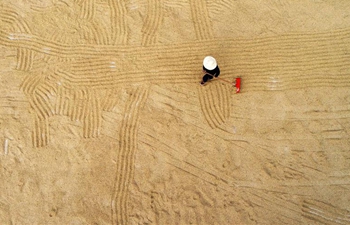UNITED NATIONS, Oct. 19 (Xinhua) -- UN Under-Secretary-General for Peacekeeping Operations Jean-Pierre Lacroix urged Friday the Malian government and the opposition to engage in dialogue ahead of impending parliamentary elections.
Briefing the situation in the West African country to the Security Council, Lacroix the legislative elections will be a new test for the cohesion of the political class in the Malian society.
"I encourage the government and the opposition to engage in a constructive political dialogue based on inclusivity, and bearing in mind the national interest," he said.
The UN peacekeeping chief also encouraged the Malian political actors to take advantage of these elections to create a more representative parliament by promoting candidatures of young people and women.
The elections had initially been slated for Oct. 28, but they were postponed last month by the government to Nov. 25, followed by a further vote on Dec. 16 in constituencies where no candidate wins outright.
On Monday, Mali's constitutional court reportedly delayed the country's parliamentary elections until 2019 by extending the mandate of lawmakers for six months.
During Friday's briefing, Lacroix also expressed his concern about the security situation in Mali, as five UN peacekeepers were wounded Thursday by an improvised explosive device in the Kidal region.
"I want to share with the Security Council that I am extremely concerned with the security situation," said Lacroix.
July, August and September were the deadliest months since the peacekeeping operation, MINUSMA, was established in 2013, he noted, adding that close to 300 civilians died in targeted attacks.
Following an intensification in violent extremist attacks in neighboring Burkina Faso, the G5 Sahel Joint Force, an anti-terror force launched by five Sahel countries, must be complemented by initiatives aimed at improving governance, resilience and development, he said.
Conflict in northern Mali started in 2012, but the security situation remains volatile with an increased number of incidents in 2018, in particular in the central parts of the country.
In addition to limiting humanitarian access, violence has also worsened the living conditions of millions of people.
According to the UN Office for the Coordination of Humanitarian Affairs (OCHA), about 5.2 million people -- one in four Malians -- are now estimated to be in dire need of assistance.




